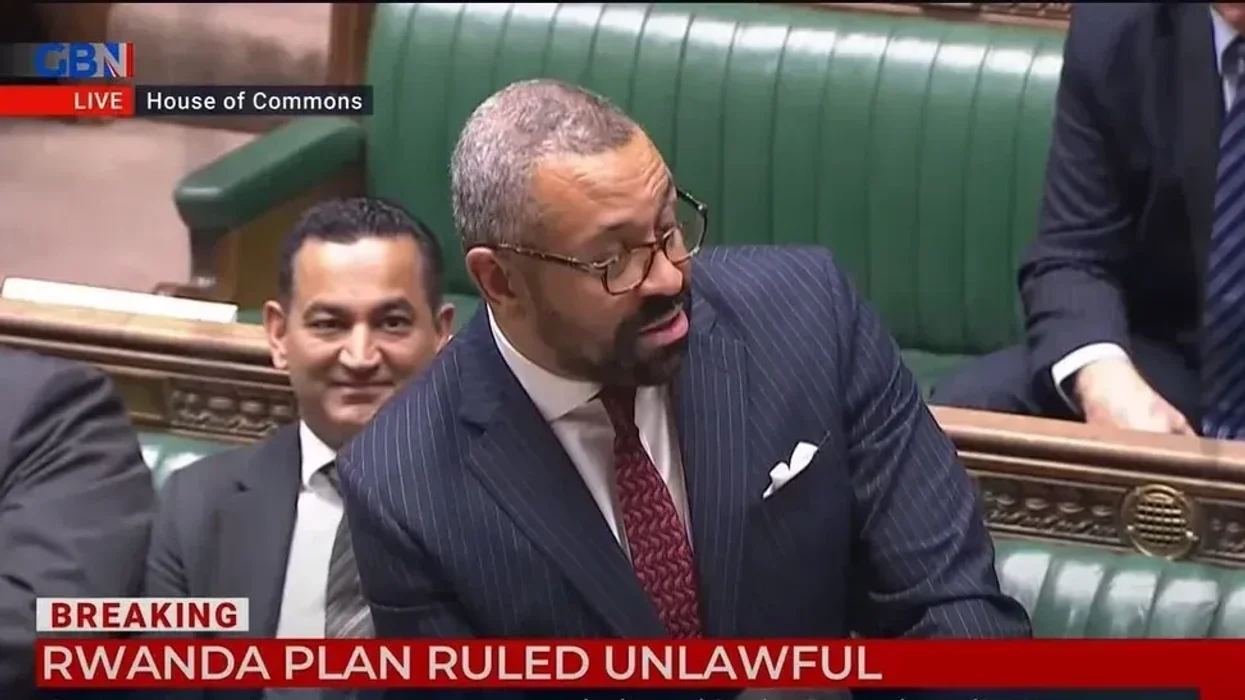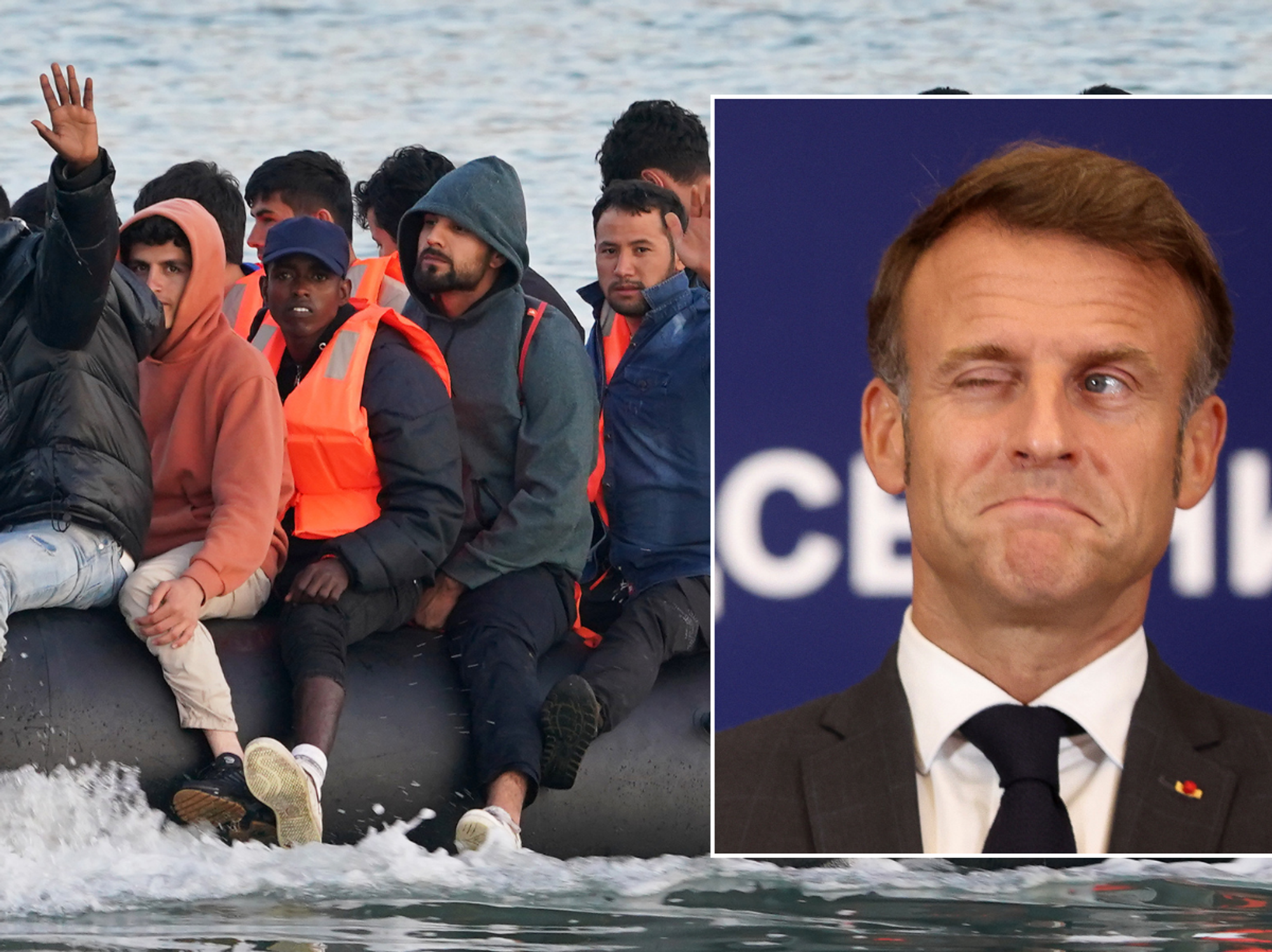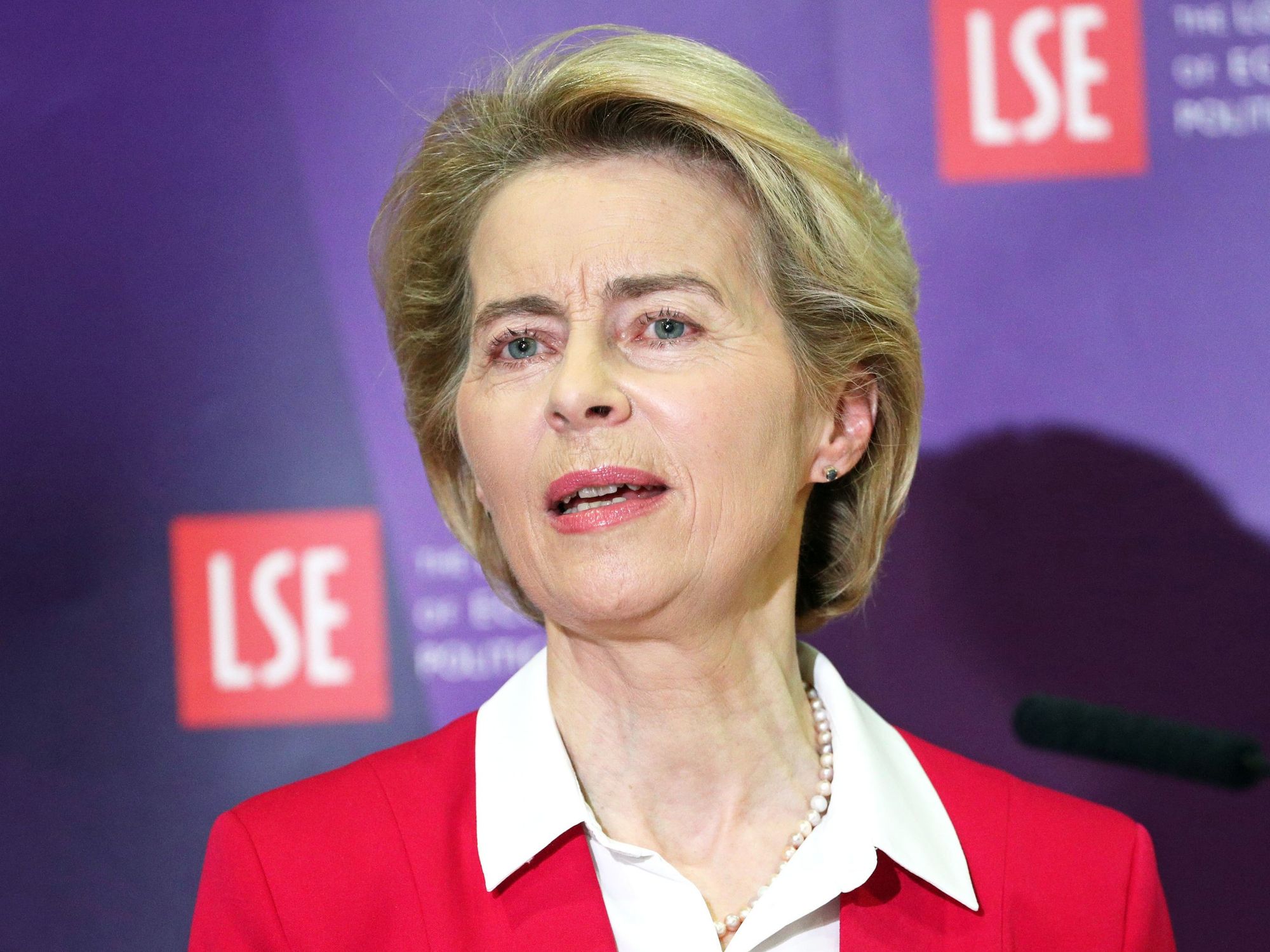James Cleverly in vicious Plan B swipe at Suella Braverman as he outlines new treaty with Rwanda

James Cleverly has seemingly taken a swipe at Suella Braverman and others demanding the UK withdraw from the ECHR
|GBN

The Government's plan to send migrants to Rwanda was deemed unlawful by the courts this morning
Don't Miss
Most Read
Latest
James Cleverly has seemingly taken a swipe at Suella Braverman and others demanding the UK withdraw from the ECHR.
The Supreme Court today unanimously ruled that the Government's plan to send migrants to Rwanda is unlawful.
While Cleverly said the Government will do “whatever it takes” to stop the boats, he suggested the Government isn’t going to be pulling out of the ECHR imminently.
Speaking in the Commons, the Home Secretary said: “We have a plan to deliver the Rwanda deal and we will do whatever it takes to stop the boats.
WATCH: Jacob Rees-Mogg discusses the court's ruling on Rwanda
“Illegal immigration is a huge global challenge and that challenge is growing.”
He added: “Monthly illegal migrant numbers are trending upwards right across Europe, with an exception, our numbers are falling.
“Illegal migration is dangerous, it undermines the laws of our country, it is unfair on those who come here legally and on the British people who play by the rules, it must and it will stop.”
But he warned: “The Prime Minister has said that if our domestic legal framework frustrates our plans he is prepared to change our laws.
"We are not going to put forward proposals simply to manufacture an unnecessary row for short-term political gain.”
This came after Sunak implied the UK would seek to leave the ECHR and remove any other domestic obstacles standing in the way of his plan to send migrants to Rwanda.
He also revealed the Government is already working on a new treaty with Rwanda.
Sunak told the Commons he would “finalise” a new treaty with Rwanda in light of the Supreme Court’s judgment and was “prepared to revisit our domestic legal frameworks” if necessary.
The Prime Minister said: “This morning also the Supreme Court gave a judgment on the Rwanda plan. They confirmed that the principle of removing asylum seekers to a safe third country is lawful.
“There are further elements that they want additional certainty on and noted that changes can be delivered in the future to address those issues.
“The Government has been working already on a new treaty with Rwanda and we will finalise that in light of today’s judgment.
“Furthermore, if necessary I am prepared to revisit our domestic legal frameworks.”
He added: "If it becomes clear that our domestic legal frameworks or international conventions are still frustrating the plans at that point, I am prepared to change our laws and revisit those international relationships.
“The British people expect us to do whatever it takes to stop the boats and that is precisely what this Government will deliver.”
The PM will give a press conference at 4.45pm to respond to the judgement.
In this morning's judgement, all five justices unanimously agreed with the Court of Appeal’s conclusion that the Rwanda policy was unlawful.
But dismissing thoughts that exiting the ECHR would be a silver bullet for the migrant pact, the judge said it is "not only the ECHR which is relevant to this case".
Lord Reed said: "There are also other international treaties which also prohibit the return of asylum seekers to their countries of origin without a proper examination of their claims".
LATEST DEVLOPMENTS:
Delivering his judgement, Lord Reed noted that "the court of appeal was right to overturn the high court's decision and to consider the evidence again for itself".
He cited concerns about "media and political freedom", the country's "poor human rights record" and a "misunderstanding of its obligations under the Refugee Convention".
Lord Reed said the “legal test” in the case was whether there were “substantial grounds” for believing that asylum seekers sent to Rwanda would be at “real risk” of being sent back to the countries they came from where they could face “ill treatment”.
He said: “In the light of the evidence which I have summarised, the Court of Appeal concluded that there were such grounds.










